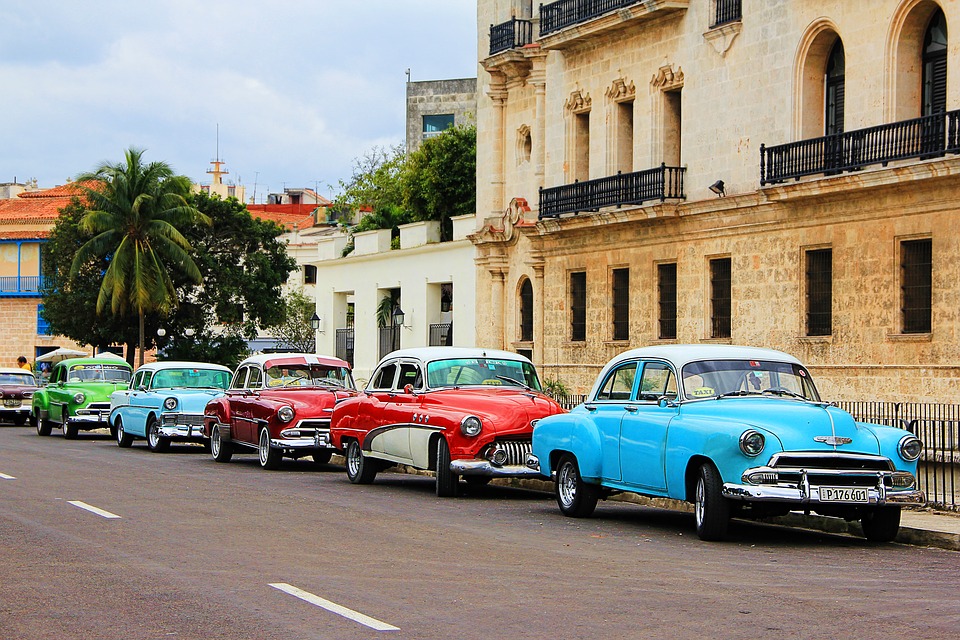This week, many Terps returned with a tan from all sorts of tropical spring break destinations, such as Mexico, Jamaica and the Bahamas. A few years from now, however, Havana could once again be a haven for Americans looking to spice up their winter. The Obama administration’s efforts to thaw relations with Cuba will prove one of its most important legacies, one the next president must build on.
The reopening of relations with Cuba offers immense benefits to both sides. The island is breathtakingly beautiful, both in natural wonders and in its rich culture and history. For far too long, Americans have been denied the chance to easily visit a paradise located less than 100 miles south of Florida. Meanwhile, Cuba suffers from an underdeveloped economy and very primitive technology for average citizens. It is finally time for the curtain to be pulled back on one of North America’s hidden gems.
As renovations transform Cole Field House, we can recall an important moment in its history. In the early ’70s, table tennis paved the way for former President Richard Nixon to thaw relations with China. A 1972 matchup between the Terrapins and the Chinese national team drew more than 12,000 to the University of Maryland’s former arena. “Pingpong diplomacy” was used to establish commonality with the communist nation. The political differences have not gone away, but relations have been relatively stable between the U.S. and the Asian superpower.
Similarly, baseball can be a catalyst for change in the Cuban-American relationship. Cuba’s fervent passion for America’s “national pastime” can connect regular citizens on both sides. Tuesday’s exhibition in Havana between the Tampa Bay Rays and the Cuban national team, with President Obama in attendance, has the potential to be a turning point like the one on this campus 44 years ago.
In the recent past, Cuban baseball stars such as Yasiel Puig and Aroldis Chapman have had to defect in order to earn massive American salaries. Their ties to the homeland have been compromised, with great difficulty in simply communicating with relatives left behind. If relations continue to thaw, players like these can be welcomed back instead of thought of as traitors. They will have the potential to act as a medium for cultural exchange to bring the island nation closer with the U.S.
It is important for the current administration to make enough progress now that it would be difficult to reverse after January. Hillary Clinton can probably be trusted to continue Obama’s policies, and Donald Trump has discussed potentially opening a hotel in Cuba. However, Ted Cruz has opposed Obama’s visit, citing oppression and corruption by the Castro brothers. On the other hand, Fidel’s health is allegedly failing, and Raul is quite old as well. What happens when they are gone is anybody’s guess.
The hope is that the potential influx of capital could help Cuba modernize and become more democratic. Unlike in the era of the Cuban missile crisis, the island can hardly be considered a national security threat. For that reason, the benefits of opening relations outweigh the risks. Cuba has a long way to go in terms of human rights, and hopefully those improvements can go hand in hand with every bottle of Coca-Cola that reaches its shores.
It will take time for relations to be proven steady enough for business ties to develop fully and for tourism opportunities to open to Americans. The thought of hopping on a cheap Southwest nonstop flight from BWI to Havana was once a pipe dream, but now it might not be far away. Perhaps sometime soon, memorable Terps wins will be celebrated with the unique aroma of Cuban cigar smoke (only in designated areas on the campus, of course).
Daniel Galitsky is a senior economics and finance major. He can be reached at dgalitskydbk@gmail.com.



